Contraception
Diaphragms and caps
Diaphragms are dome-shaped rubber devices that fit into the vagina and over the cervix (the neck of the womb). Cervical caps are smaller and need to be put directly onto the cervix.
Diaphragms and caps must be fitted by a trained doctor or nurse on the first occasion and thereafter you can fit them yourself. You can have one fitted at most sexual health clinics.
Both the diaphragm and the cap work by stopping sperm from entering the womb by covering the cervix. You need to use spermicide (a gel which kills sperm) as well.
You simply put the spermicide on the diaphragm and then place it inside the vagina to cover the cervix each time you have sex. You can put the diaphragm in a short time before you have sex but if you put it in more than three hours before sex you will need to use extra spermicide. You must leave the diaphragm in for at least six hours after having sex.
If they are used correctly, diaphragms and caps are 92 – 96% effective at preventing pregnancy. This is less effective than other methods of contraception.
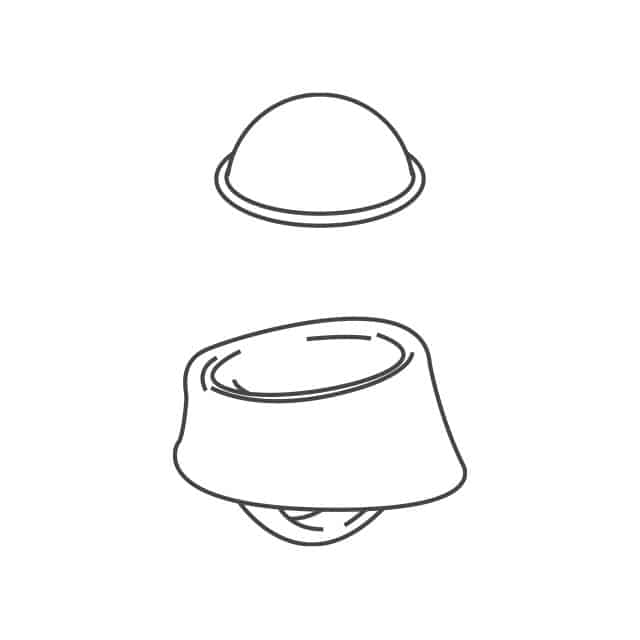
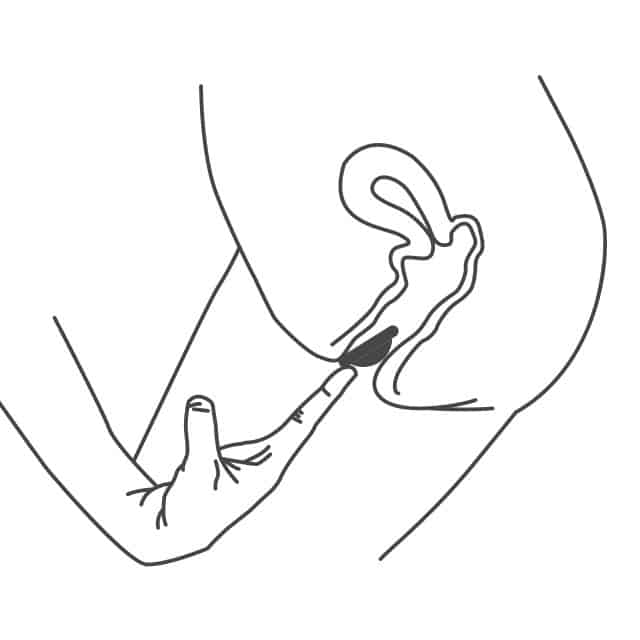
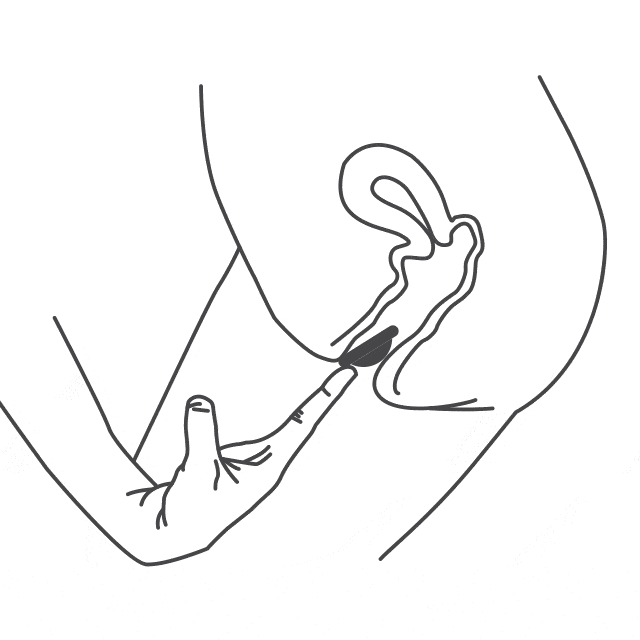
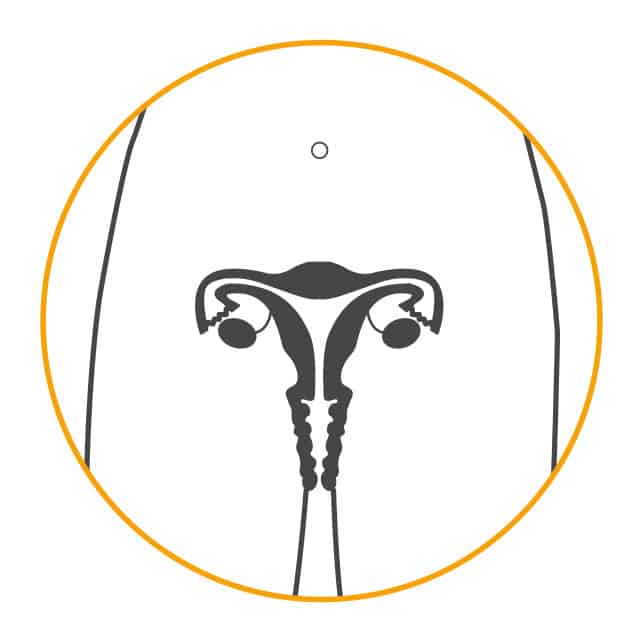
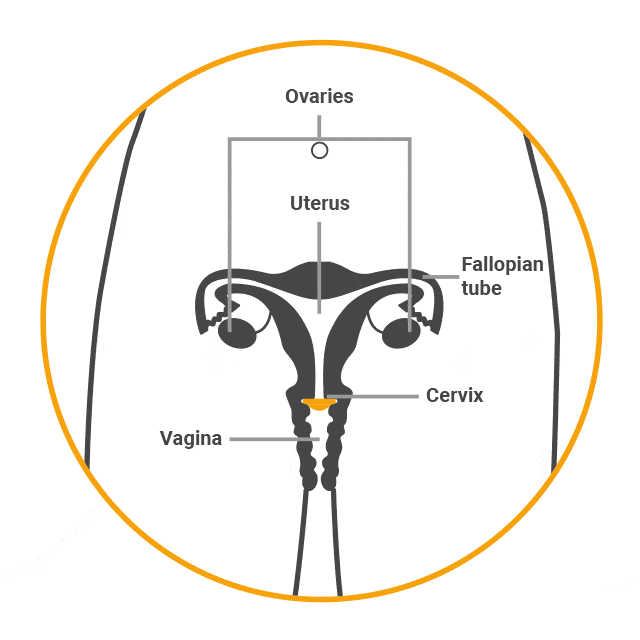
Not sure which type of contraception is right for you? Worried because you’ve had sex without a condom? Let us help you choose the right option.
For detailed information on diaphragms and caps, please see the NHS website.
See the FPA website for a range of downloadable leaflets on contraception.
Other barrier methods
FREE STI kit
Take your own samples at home and return
them to us for testing, all for free…
Service locator
Need more help? Find local GPs, clinics and pharmacies to
provide further help and support…
Free condoms
Condoms are available for free from Umbrella
clinics and pharmacies, and from some GPs.